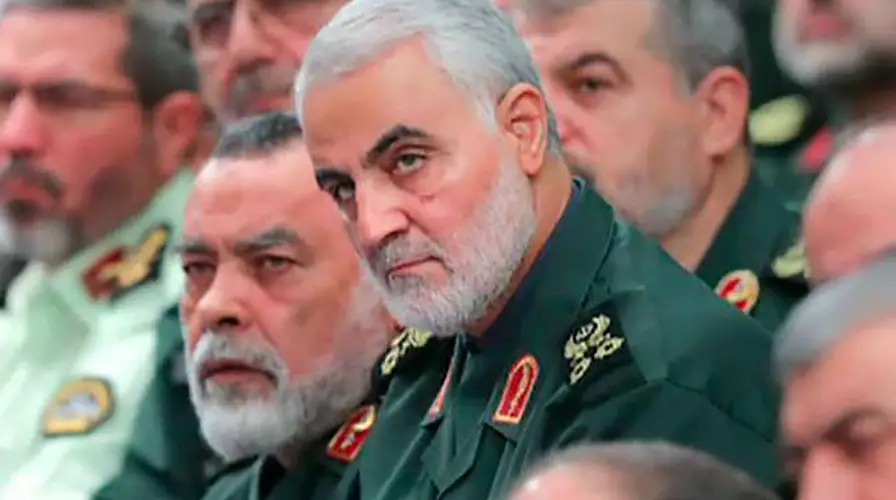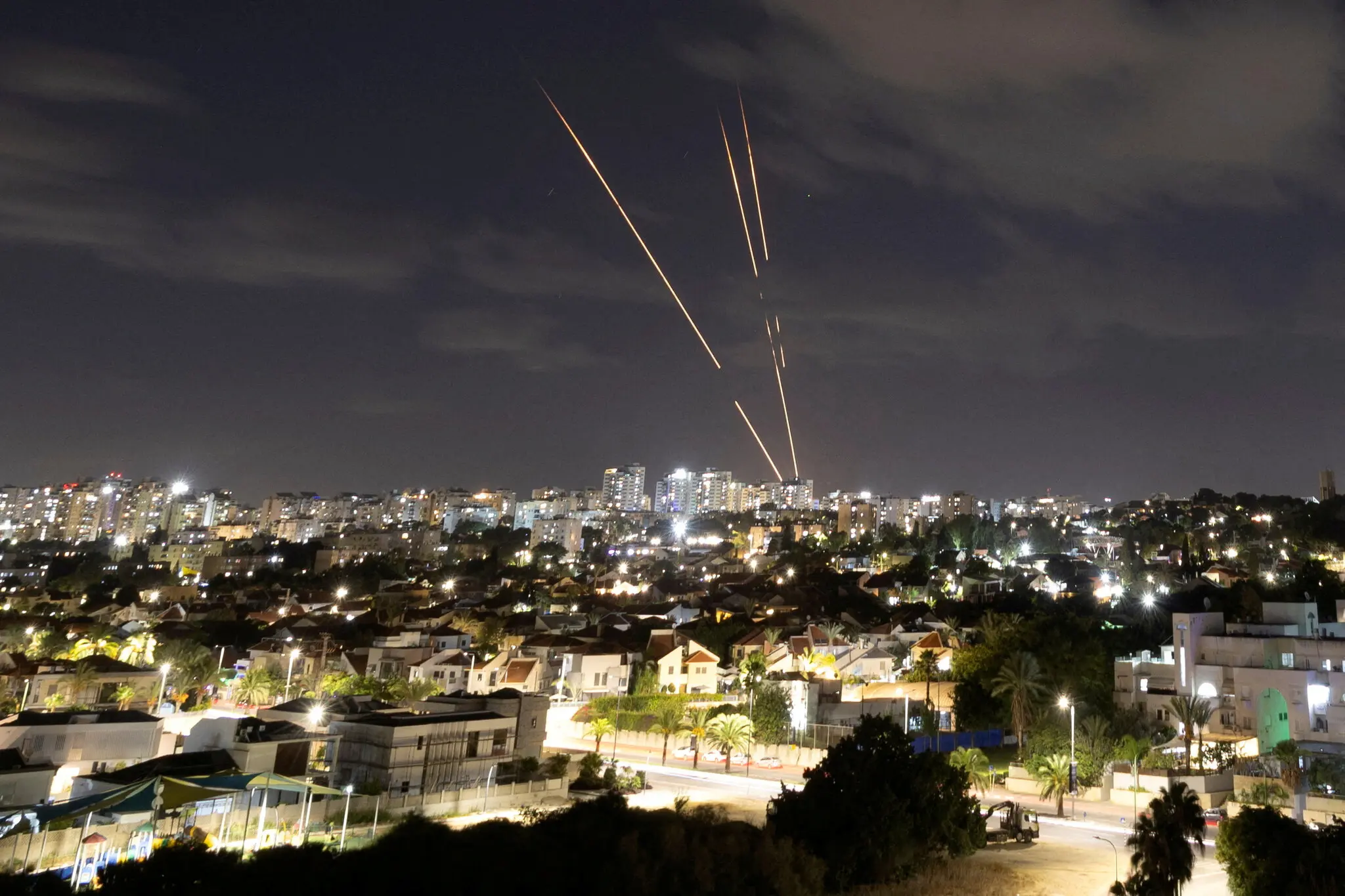Israel launches a massive airstrike on Iran’s nuclear sites, marking a dramatic escalation in Middle East tensions. The operation, codenamed Rising Lion, began early on Friday and may signal the start of a prolonged military campaign.
The Israeli Air Force said over 200 warplanes struck more than 100 targets. The key objective was Iran’s Natanz nuclear site, located about 150 miles south of Tehran. Analysts say this was one of the most significant Israeli strikes on Iran in decades.
Israel’s armed forces say 200 warplanes were involved. They struck over 100 targets and dropped more than 300 bombs. The main objective was Iran’s Natanz nuclear facility, located around 150 miles south of Tehran.
Over 200 Israeli warplanes struck more than 100 targets deep inside Iran. The primary focus was Iran’s Natanz nuclear site, approximately 150 miles south of Tehran, alongside other strategic military facilities.
Top Iranian Military Leaders Killed

The master behind the mask
Among the dead were two of Iran’s highest-ranking military officials. General Hossein Salami, head of the Islamic Revolutionary Guard Corps, was reportedly killed. Major General Mohammad Bagheri, Iran’s top military official, also died in the strike.
Six nuclear scientists were also killed. One of them was Fereydoun Abbasi, the former chief of Iran’s atomic agency.
Senior Iranian Military Commanders Killed
In the airstrike, two high-ranking Iranian military officials were killed. General Hossein Salami, commander of the Islamic Revolutionary Guard Corps, and Major General Mohammad Bagheri, Iran’s top military officer, died in the attack. Six nuclear scientists were also reported dead, including former atomic agency head Fereydoun Abbasi.
The fact that Israel’s airstrike on Iran’s nuclear sites targeted both military and scientific leaders has drawn sharp responses from regional powers.
Iran Retaliates With Drone Strikes
In retaliation for the Israeli airstrike on Iranian nuclear sites, Iran launched more than 100 armed drones at Israel. Some were intercepted by Jordanian air defenses after breaching its airspace.
Iranian officials condemned the action as a “clear violation” of sovereignty and called for an emergency UN Security Council meeting. The attack came just days before Iran was scheduled to hold nuclear talks with the U.S. in Oman.
Two of Iran’s top military leaders were killed. General Hossein Salami, commander of the Islamic Revolutionary Guard Corps, and Major General Mohammad Bagheri, the nation’s highest-ranking military official, died in the attacks. Six nuclear scientists, including Fereydoun Abbasi, were also reported dead.
Global Oil Prices Surge Amid Escalation
The strike on Iran’s nuclear infrastructure sent global oil markets into turmoil. Brent crude rose more than 4%, while West Texas Intermediate jumped 5%. Airlines such as Qatar Airways, Emirates, and Lufthansa suspended flights to Iran and Iraq.
Iran Fires Back with Drones
In retaliation, Iran launched more than 100 armed drones at Israel. Jordan reported intercepting some of the projectiles that crossed its border.
Iran condemned the Israeli attack. It called it a “clear violation” of its sovereignty. Tehran has also requested an emergency meeting of the United Nations Security Council.
Nuclear Talks in Doubt
The airstrike happened just days before planned U.S.-Iran nuclear talks in Oman. These talks are now uncertain, with both sides blaming each other for rising tensions.
Oil Prices and Flight Disruptions
Oil markets reacted sharply. Brent crude rose more than 4%, while West Texas Intermediate jumped 5%. These are the biggest single-day gains since 2022.
Several international airlines canceled flights to Iran and Iraq. These include Qatar Airways, Emirates, and Lufthansa.
Global Reaction
Saudi Arabia, the UAE, and Qatar condemned the Israeli attack. They warned that the strike could destabilize the region further.
Germany supported Israel’s right to defend itself but called for restraint. India, the UK, and Australia urged both nations to reduce tensions and avoid escalation.
Fears of a Wider Regional Conflict
Security analysts warn that the attack could escalate the decades-long Israel-Iran conflict. Iran’s regional allies—including militias in Lebanon, Syria, Iraq, and Yemen—may retaliate in solidarity.
US Position and Military Movements
The United States denied involvement in the airstrike. However, American forces across the region have raised their alert level. Non-essential personnel have been evacuated from several bases.
Situation Remains Fluid
Israel says its military operations could continue for several days. Iran has vowed to deliver a strong response. The risk of a broader war in the Middle East continues to grow.








Leave a Reply